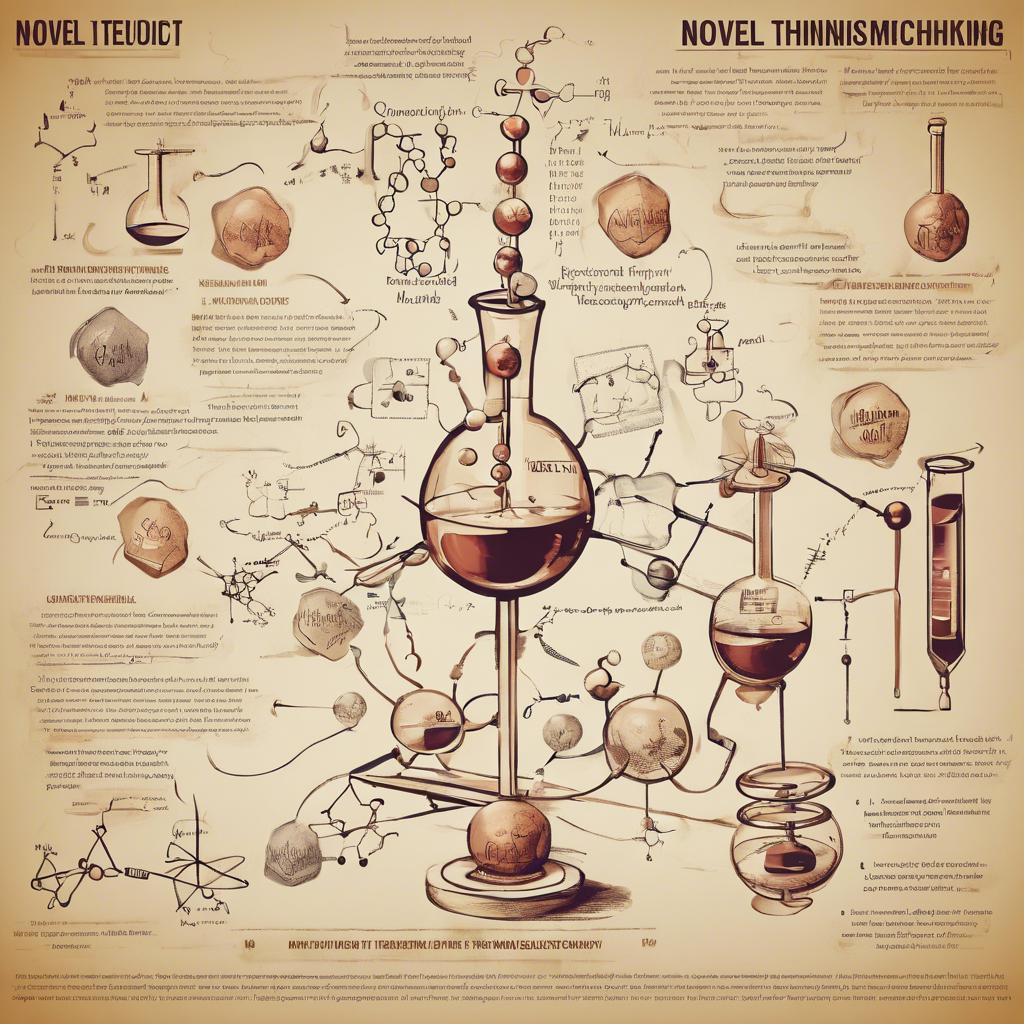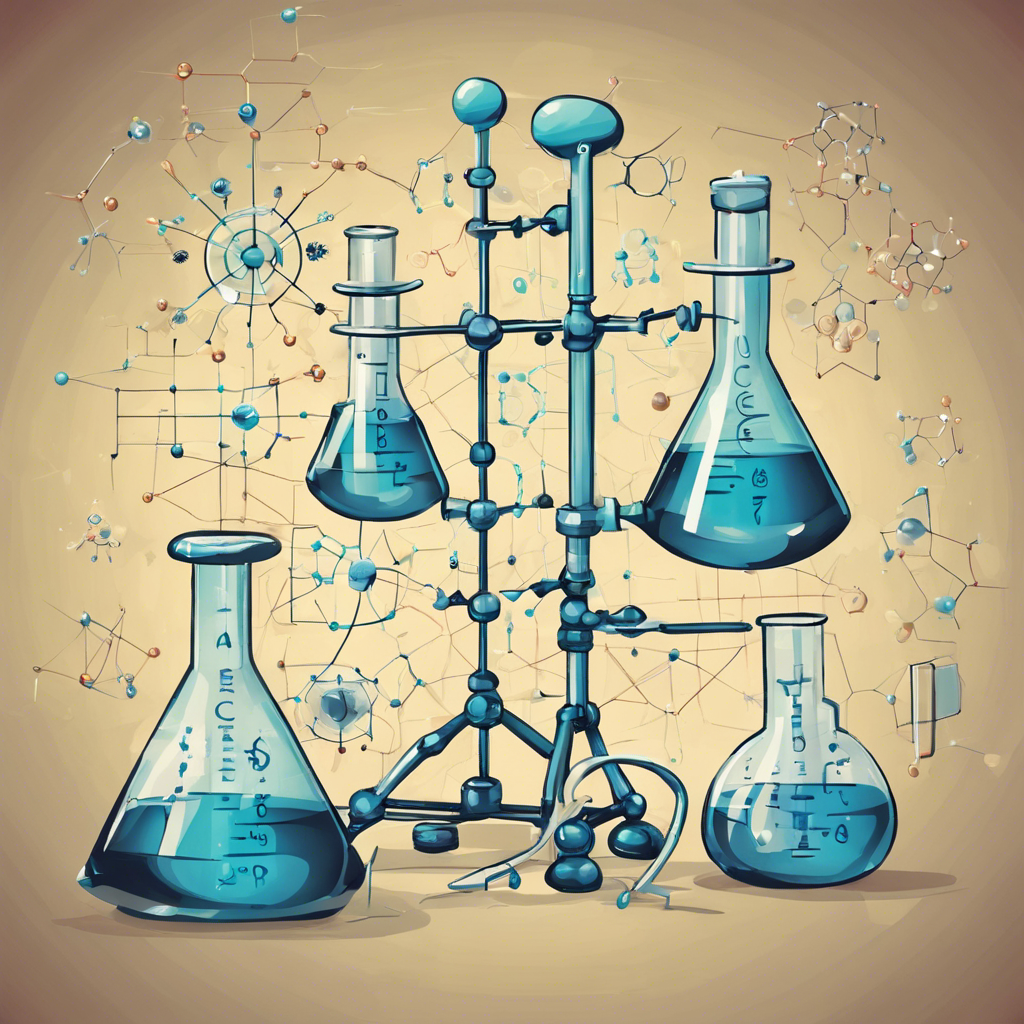University of Twente researchers develop a conceptual modeling approach to foster creativity and systems thinking in chemical science and engineering students.
In today’s world, complex challenges such as sustainability require a deep understanding of interconnected systems. However, incorporating systems thinking into chemistry education has proven to be a challenge. To address this, a team of researchers and teachers from the University of Twente has developed a novel teaching method that uses conceptual modeling to facilitate learning and foster creativity in classrooms of chemical science and engineering students. This method allows students to tackle real-world problems related to sustainability while honing their critical thinking and problem-solving skills.
Conceptual Modeling: A Path to Systems Thinking
Conceptual modeling is a methodology that focuses on the reasoning ability of scientists and provides a formal description of specific aspects of the real world. It serves as a guide for students to develop systems thinking skills and design experiments. By using conceptual modeling, students can analyze the interconnectedness of elements within complex problems and develop innovative solutions.
The Study: Applying Conceptual Modeling to Sustainability Challenges
The researchers conducted a study involving 48 students from diverse backgrounds. The students were divided into teams and given the task of finding solutions to sustainability-related problems. They could choose from challenges such as methane emissions from waste dumps, PFAS in the environment, and heavy metals in water. Within these challenges, the student groups were required to identify and address a specific problem.
The Impact: Developing Essential Skills for Future Engineers
Through this project, the students not only applied their knowledge of chemistry but also developed important skills such as collaboration, communication, literature research, and academic writing. The researchers emphasized the importance of cultivating these skills in future engineers. The project encouraged students to think deeply and broadly about complex problems, enabling them to become well-rounded professionals capable of addressing real-world challenges.
Conclusion:
The novel teaching method developed by the University of Twente researchers has demonstrated its effectiveness in enhancing systems thinking and problem-solving skills among chemical science and engineering students. By incorporating conceptual modeling into the curriculum, students are better equipped to analyze interconnected systems and develop innovative solutions to sustainability challenges. This approach not only prepares students for their future careers but also empowers them to make a positive impact on society. The success of this method has led to its integration as a standard project in the Chemical Science & Engineering program, highlighting its potential to transform education in various subjects and help students reach their full potential.











